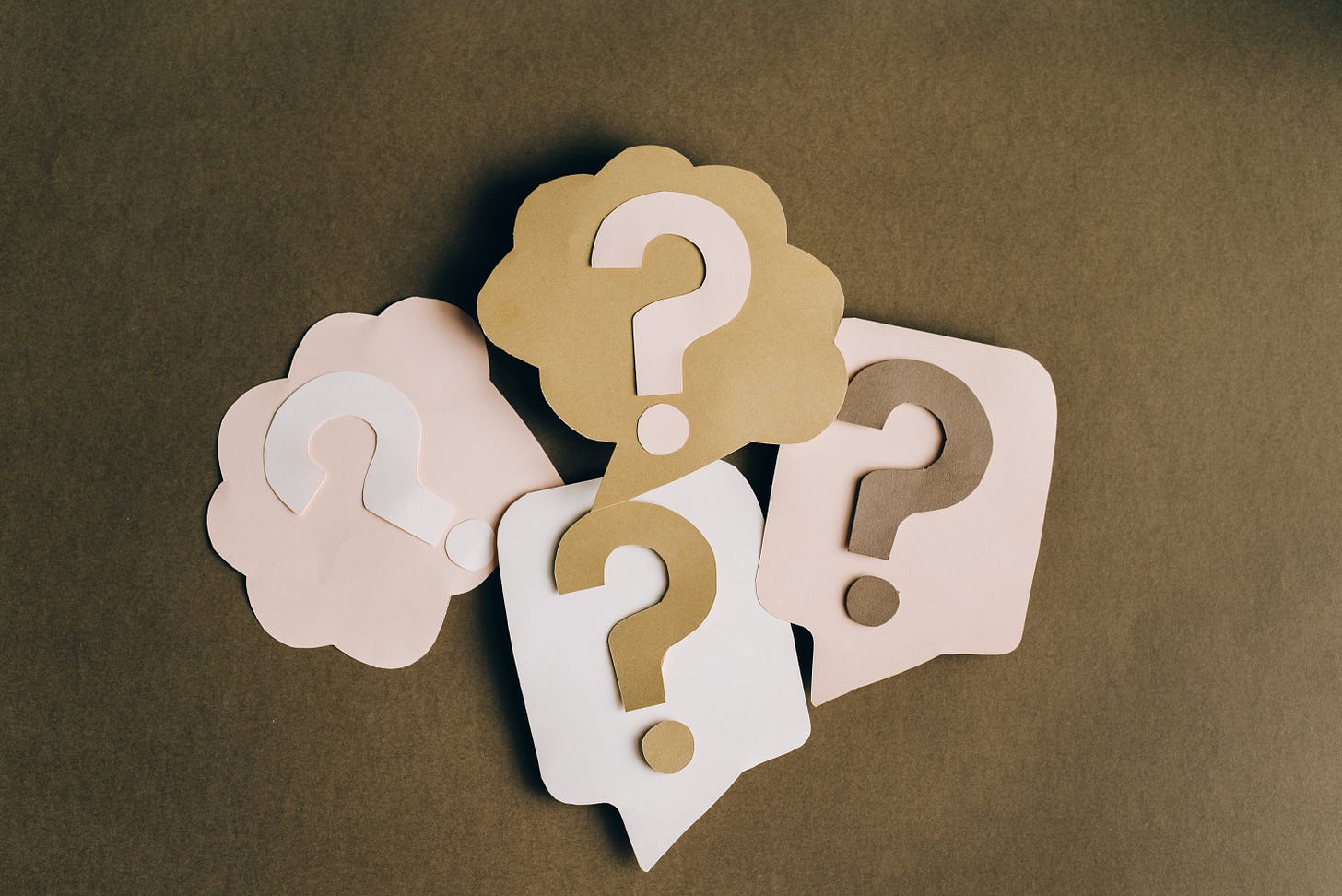The Great Debate: Is Autism a Disability or a Difference?
#ActuallyAutistic #AskingAutistics: Do you consider being Autistic to be a Disability, a Difference, or both?
What IS Autism?
"Autism" is a medical term used to describe people with a life-long neurodevelopmental difference that causes us to experience the world around us in a way that is "atypical" to what many in the general population will experience.
Autistic People often have spiky skills and ability profiles. We are also known for having communication, sensory, and muscle control differences (where we can be hyper or hypo-sensitive in our various sensory and motor areas).
We can have reduced muscle control and increased sensory sensitivities, OR we can have INCREASED muscle control (like Clay Marzo, the surfer) and decreased sensitivity to sensory input (not feeling cold even when it's freezing outside). This decreased sensory input may also impact our interoception (the perception of sensations from inside the body) - interoception difficulties can make it challenging to sense hunger or when you need to go to the bathroom and do other self-care tasks (which can be troubling for some of us).
Autism PLUS (co-occurring conditions) = Additional Struggles
Many Autistic People have additional co-occurring conditions and disabilities that are common for people of our brain type in addition to being Autistic.
For example, I am Autistic, and in addition to being Autistic, I also have poor vision, an anxiety disorder, chronic stomach problems, migraines, chronic insomnia, and seizures (if I have too much sensory exposure, not enough sleep, too much stress, or too much alcohol).
Autistic People who have additional disabilities will have more obstacles than Autistic People without additional disabilities (Autism Pure), just as Autistic People who have enhanced motor control may struggle less than Autistic People who have difficulty controlling their bodies. Similarly, Autistic People who are hypersensitive (less sensitive to pain and sensory stimuli) may struggle less in some environments than those of us who are hypersensitive to sensory input and pain.
Is Autism a "Disability"? Is it a "Difference," OR is it BOTH?
There are often arguments in various comment sections in Autism spaces over whether being Autistic is a disability or a difference.
Some Autistic People firmly believe they do not have a disability, while others say being Autistic is a disability (for them). I realize there are various opinions on this issue.
The point of this piece is not to tell anyone how they should identify their own Autistic experience. I aim to share my perspective and the perspectives of some Autistic People in my life whose viewpoints differ from mine to help shed light on these two (sometimes clashing) perspectives.
Autism as a Disability
Additionally, the diagnostic criteria for Autism listed on the CDC's website states that for a person to be diagnosed Autistic, their traits must "cause clinically significant impairment in social, occupational, or other important areas of current functioning." Based on the medical definition alone, yes, Autism would be a disability (for one to be formally diagnosed in the US).
Paid subscribers have access to more of this story as a thanks for supporting my work.
Keep reading with a 7-day free trial
Subscribe to NeuroDivergent Rebel’s Substack to keep reading this post and get 7 days of free access to the full post archives.





